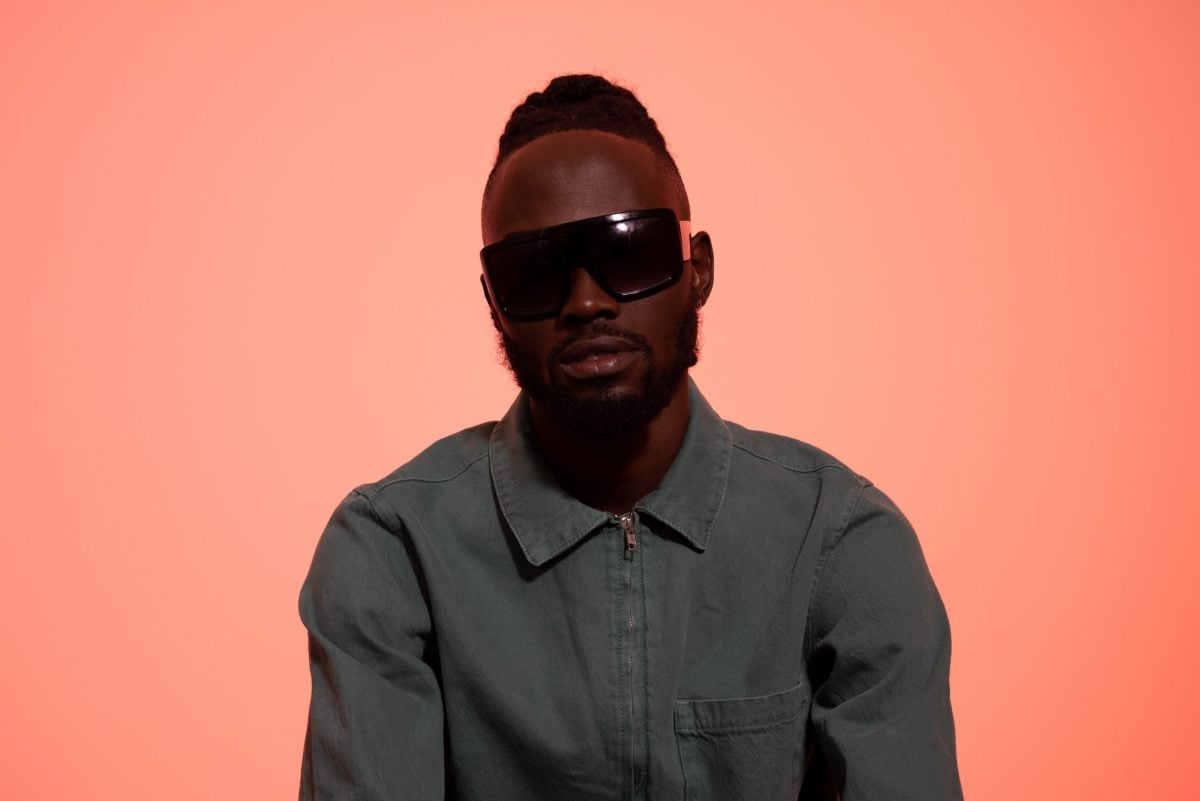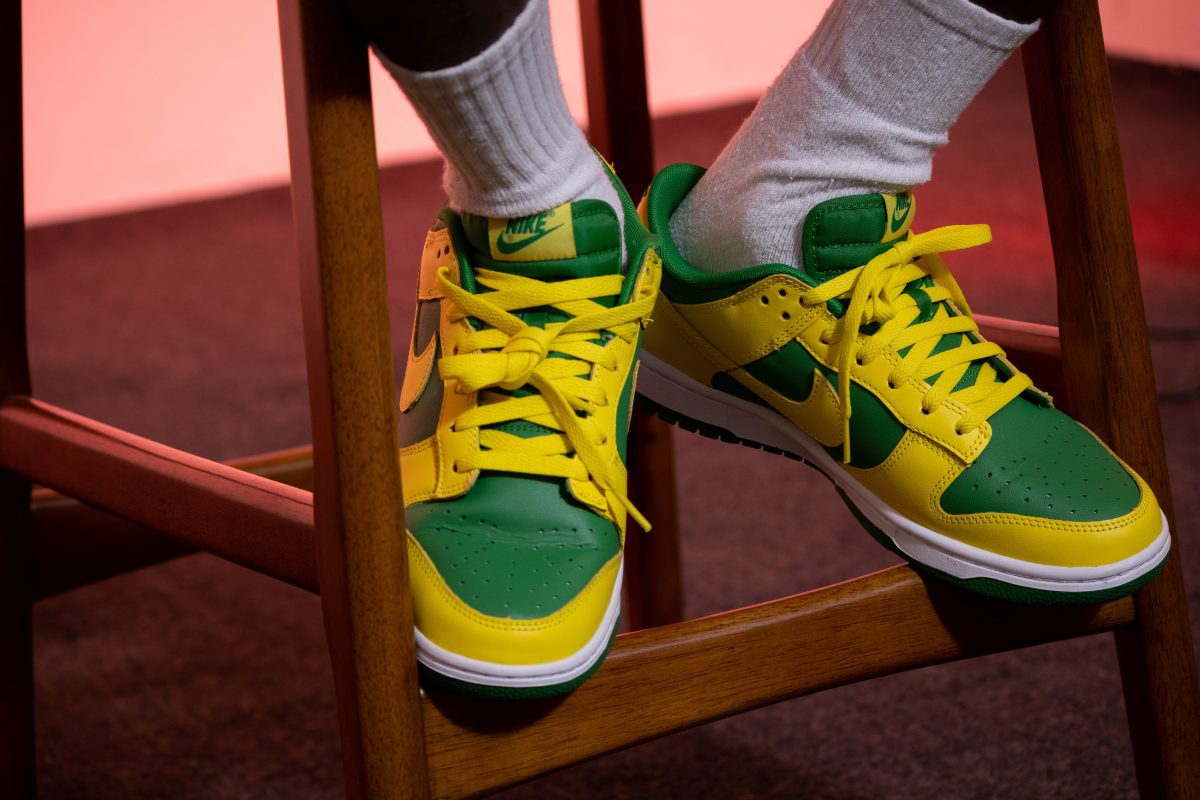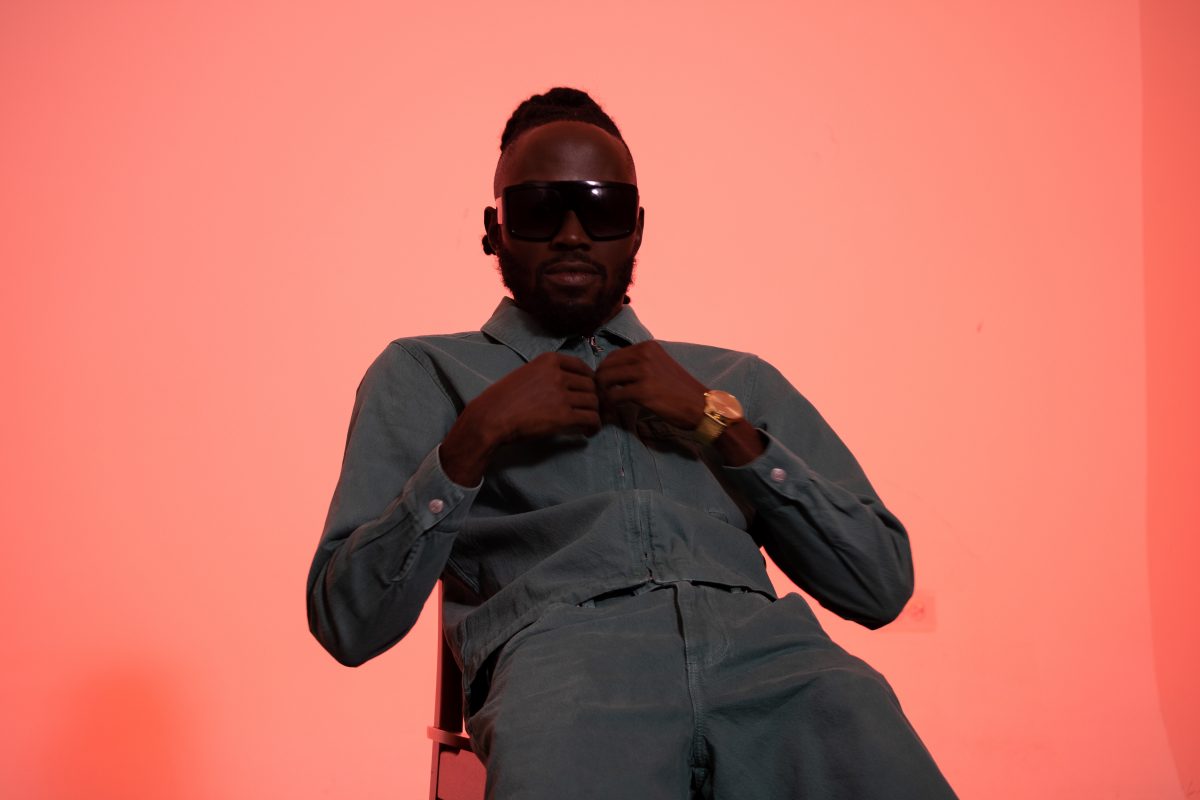From Jungle To Joy: How Laa Lee Became A Creative Force In Dancehall

The current musical landscape in Dancehall is awash with melancholic tunes that seem to mirror the island’s troubles. While there may be good reasons for this trend, it creates saturation. In contrast, Laa Lee — who perhaps has more reason than most to make his fair share of pain music, being from Jungle, one of Kingston’s most dangerous communities — has flipped the script, preferring instead to cut through the saturation and channel his energy into creating upbeat and joyful music. His approach has earned him a loyal following, as listeners seek out his positive vibe and infectious melodies.
In 2018, the then-aspiring football player found himself with a comical hit song titled Watz On Sale that changed the trajectory of his life. According to the artist, this song was created during a freestyle after a match. The response was so overwhelming that he shot and released the official music video in September of that year. Two years later, his second hit was way more massive than the first, Tip Inna It . Gaining a whopping 7.7 million views on YouTube, the song confirmed that he was on the right path. Maybe even more importantly, it reinforces the fun, joyful nature of his music. This is something he continues to build on to this day.
“I don’t come from nuh bed of roses. Man used to all the violence and man can’t bother to portray all that. So we show people the Happy side,” Laa Lee, 25, told DancehallMag during an exclusive interview.
Born Romario Ricketts, the young entertainer has found his niche—his songs all echoing that desire to project joy. Some would call that brand consistency, with the success of more recent hits like Dirt Bounce, Bird , the tik tok hit Bong Bing with Cristale, and even Floating .
The contrast in his music and where he comes from is real in some ways, but also obviously not real in others. In fact, entertainment is a massive part of life in the ghetto. “Where mi come from a di vibsiest place. You get me? We have Bob Marley–we have a whole heap of greats that come from where we come from. You have Bogle, Nesbeth you get me? The whole Kingston 12 area, Trench Town, Jungle, Rema it’s just a vibes within and the chemistry we have as communities,” Lee confirmed.
He is right; we have seen it before with other greats who come out of these areas and make something different from their lives. But something about it still feels like a contrast.
Perhaps it is some missing step in the process. The ‘how’ that is only seen by close family and friends. “Mommy and daddy grow we right. We grow up loving each other and knowing what love is,” Laa Lee said. A key insight. Love is an essential element, but the mystery goes deeper still. In moments of crisis or internal turmoil, it’s difficult to tend to responsibilities, especially as a performer. What sets Laa Lee apart is this unique brand of emotional alchemy that affords him a freedom yet to be seen in a dancehall entertainer since Bogle. Indeed the capacity to understand love was an insightful clue to the real missing step. An uncanny understanding, whether conscious or unconscious; of emotions and how to process them.
“If me fi cry, mi cry. You get me? Me just express myself. Mi nah mek emotions mad me enuh. Me a go express how me feel you get me? Mental health is a serious issue. Better mi let it out than it mad mi,” Laa Lee says with scrunched brows. Clearly, he’s found a remedy that works for him. His way of dealing allows him to show up for his responsibilities and is a driving force for his creativity. This intelligence extends to even the business of the music which Jamaican artists are notorious for being bad at.

His recent signing to the UK-based Sony affiliate Black Butter Records marks him as the first dancehall artist on the label. “It’s crazy, trust me. Very different from being an independent artist, but it’s good thus far,” he said of the deal.
It’s another feat that speaks in large part to the consistency and marketability of his brand, which is something corporate Jamaica has long realized, as the young act inks deals with the likes of Magnum, Pepsi, and Digicel, to name a few. “It come easy easy man. Dem ting deh mek yuh sing sweet song like Bob Marley. Dollars alright man, corporate can’t miss. Trust mi only Colgate leff fi sign me now.” Lee said with a wide grin. “But really I think they are attracted to my brand because we music responsible for every age group. It nuh matter the age group we can fit the criteria. We personality and music fit any criteria anywhere.”
He’s definitely found a formula or routine of some kind with his releases. Each new hit is another reminder to the audience that he deserves to be as prominent as he has become. With each stride in his music, we can see more feats on different levels being added to his resume. Whether he will keep the release formula or focus on a body of work, he was quick to clarify, “Yeah man we a develop a body of work but yuh done know we can’t tell what’s going to hit. Cause music nuh live a nuhbody yaad. We just do music and if the people love it; they’ll show that.”
His most current hit Floating is understandably his favorite. It’s a combination of his usual comical fun-loving lyrics mixed seamlessly with some very biographical storytelling. A type of creativity we don’t see too often in the music at the moment. Besides his hits, Laa Lee has been instrumental in helping to reinforce the dance aspect of dancehall culture, bringing to the forefront some of the young prominent dancers and their hottest moves. Having added acting to his performance resume, Laa Lee’s potential as an entertainer seems virtually limitless. His goals though ambitious are a lot less lofty, “I want to become more international. To be a household name all over the world.”


